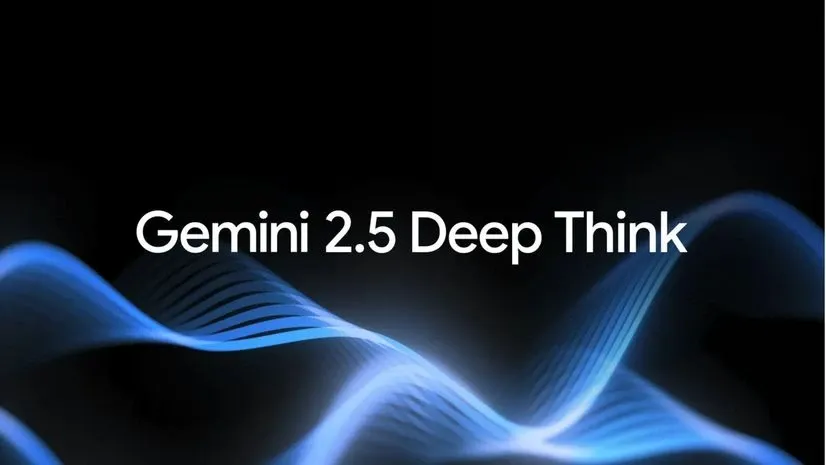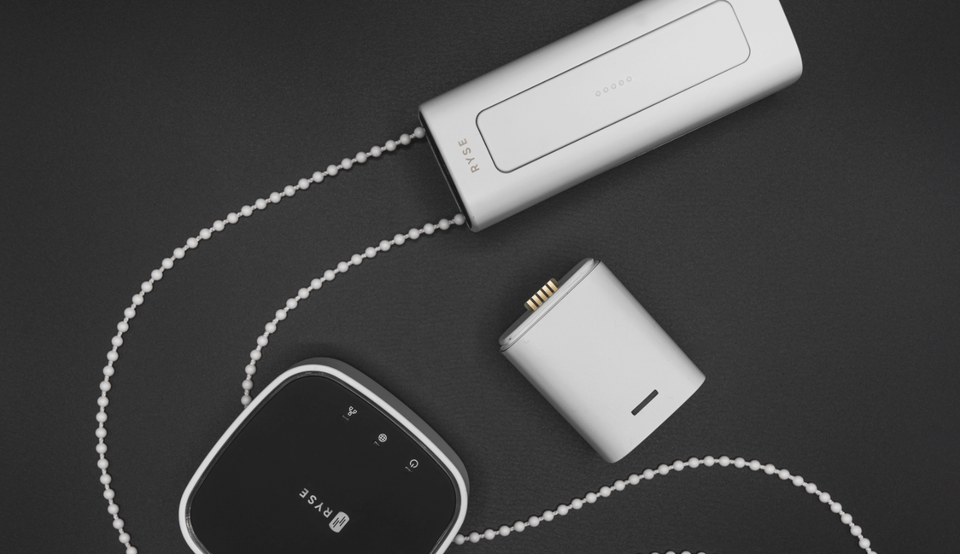Did Google Just Build an AI That Actually Thinks?


Google just dropped yet another AI update, this time it’s called Gemini 2.5 Deep Think. And no, it’s not a reboot of DeepMind or some new smart speaker. It’s Google’s most advanced reasoning model yet. Sounds fancy, but also kind of…meh? Another AI model that’s “smarter than ever”? We’ve heard that before.
But here’s what makes this one different: instead of giving fast, one-size-fits-all answers like your average chatbot, Deep Think slows down and actually works through problems, like a small team of experts brainstorming in a room. It uses multiple AI “agents” at once, each testing different ideas, and then compares their results to give you the best answer. It’s kind of like having a bunch of nerdy assistants argue their way to the right answer without needing coffee breaks.
This is the first time an AI like this has been made public, sort of. It’s available to Google AI Ultra subscribers (that’s $250 a month, if you’re wondering). And it’s already proven itself, Google used it to win gold at this year’s International Math Olympiad. That’s not just marketing spin; it shows the model can solve tough problems better than its competitors, including OpenAI and xAI.
Let’s be honest, they’re in an AI arms race. OpenAI has ChatGPT, Elon Musk has xAI, and Anthropic has Claude. All of them are racing to build smarter, more useful AI. But this new class of “multi-agent” systems isn’t just about chatting, it’s about reasoning, planning, and thinking deeply. And Google wants to be the go-to name for professionals who actually need their AI to think, not just type back a clever response.
Whether you’re a CEO, VP, manager, coder, or just someone trying to plan your next side hustle, this kind of AI could be your new secret weapon. CEOs might use it to explore business strategies. Developers could use it to debug complex code. Managers could get help writing smarter proposals. Even the average person might use it (eventually) to plan budgets, write resumes, or solve problems they’d normally Google for hours.
The point is, this AI isn’t built for chit-chat, it’s built to think with you. And if your competition starts using it while you’re still figuring out Excel formulas, you might fall behind.
Questions you should be asking: Who’s already using this in my field? Can we try it on a real problem we’re stuck on? How might it change the way we plan, think, and work as a team? And, most importantly, how do we make sure tech like this doesn’t leave everyday folks behind?
This could be a real shift in how AI fits into daily life, not just as a tool, but as a thought partner. And the sooner you understand it, the better your chances of staying ahead.
How do you think this might affect you, your team, your company, your kid’s school, or your cousin who swears AI is just a phase? Hit reply. I’d love to hear your take.
- Matt Masinga
*Disclaimer: The content in this newsletter is for informational purposes only. We do not provide medical, legal, investment, or professional advice. While we do our best to ensure accuracy, some details may evolve over time or be based on third-party sources. Always do your own research and consult professionals before making decisions based on what you read here.




